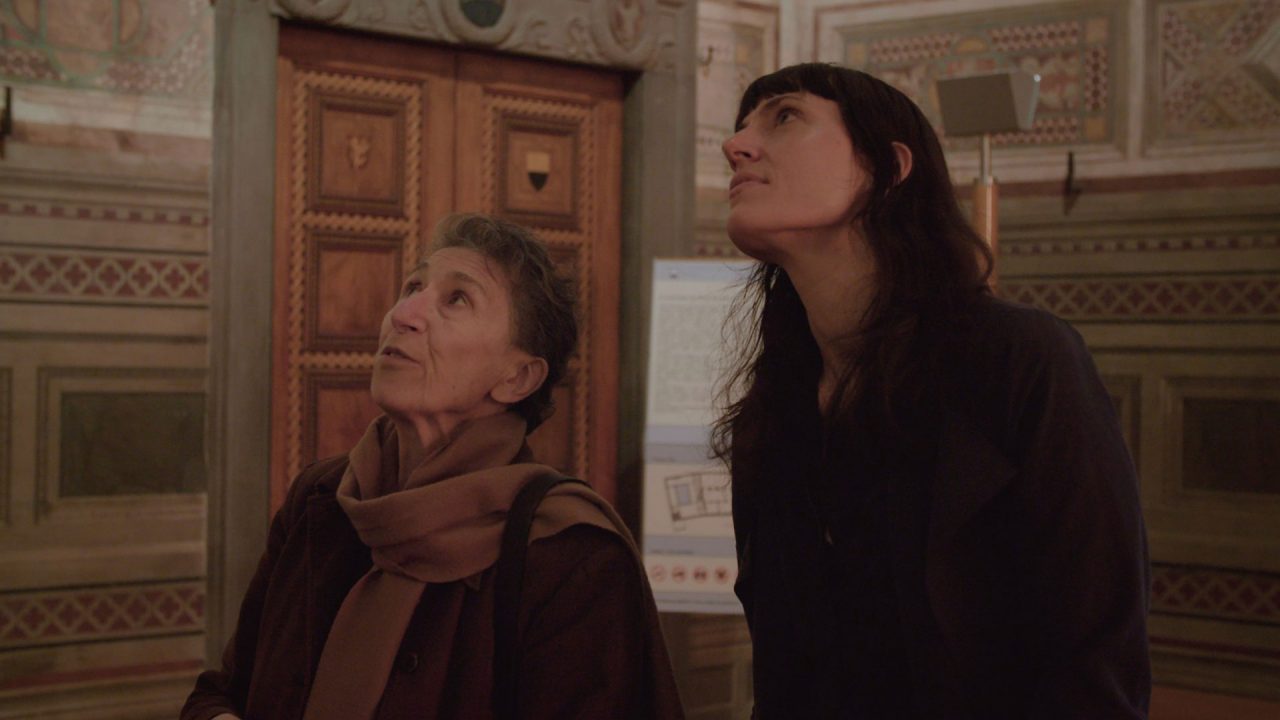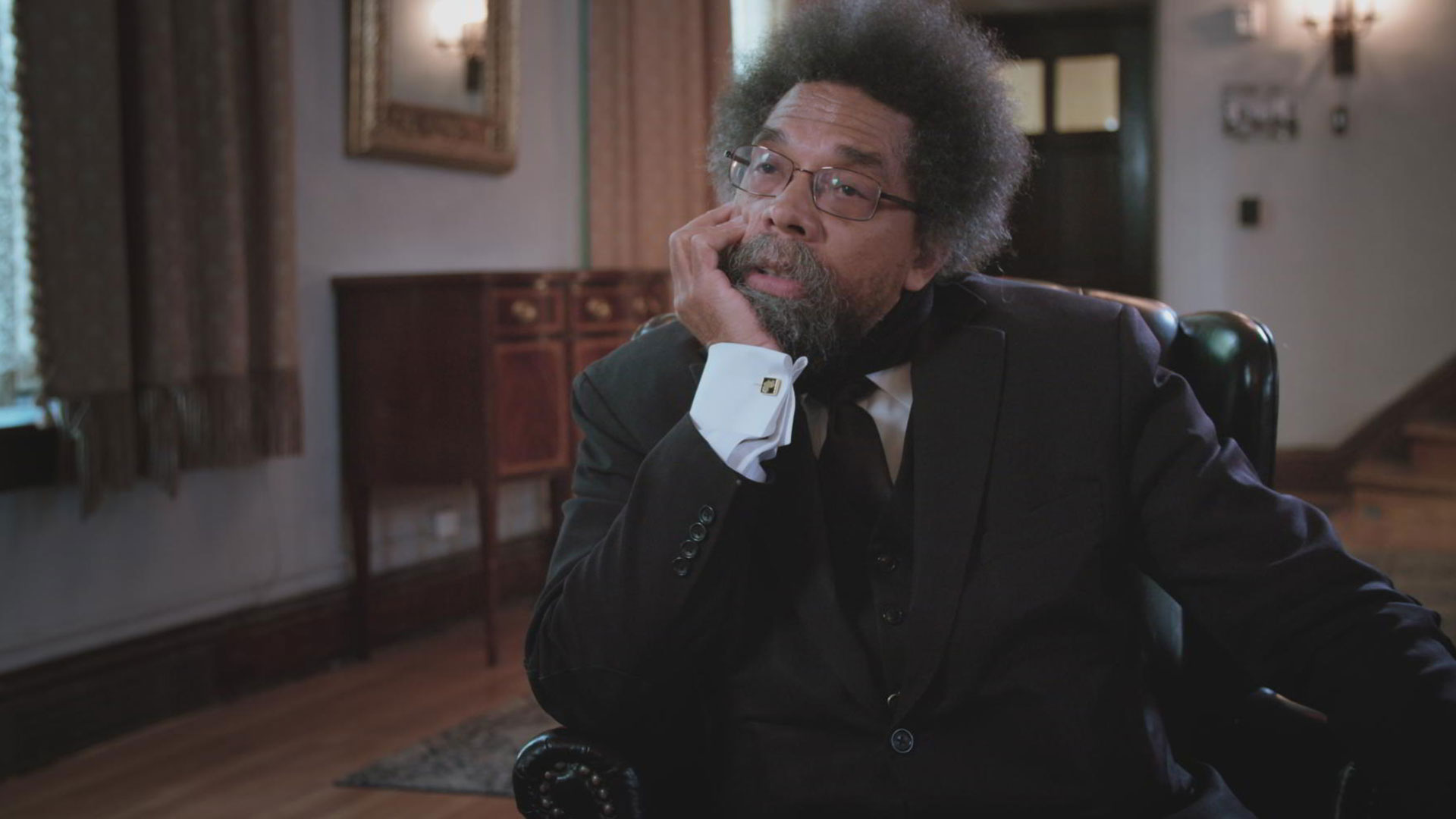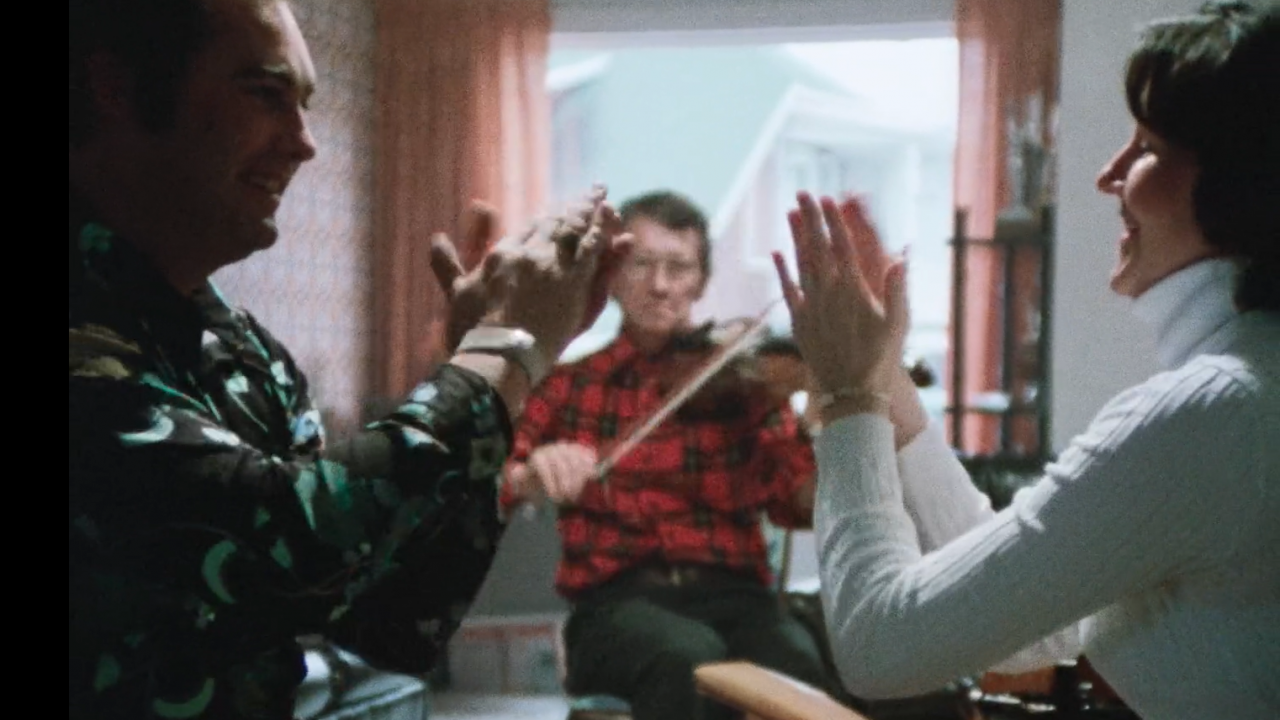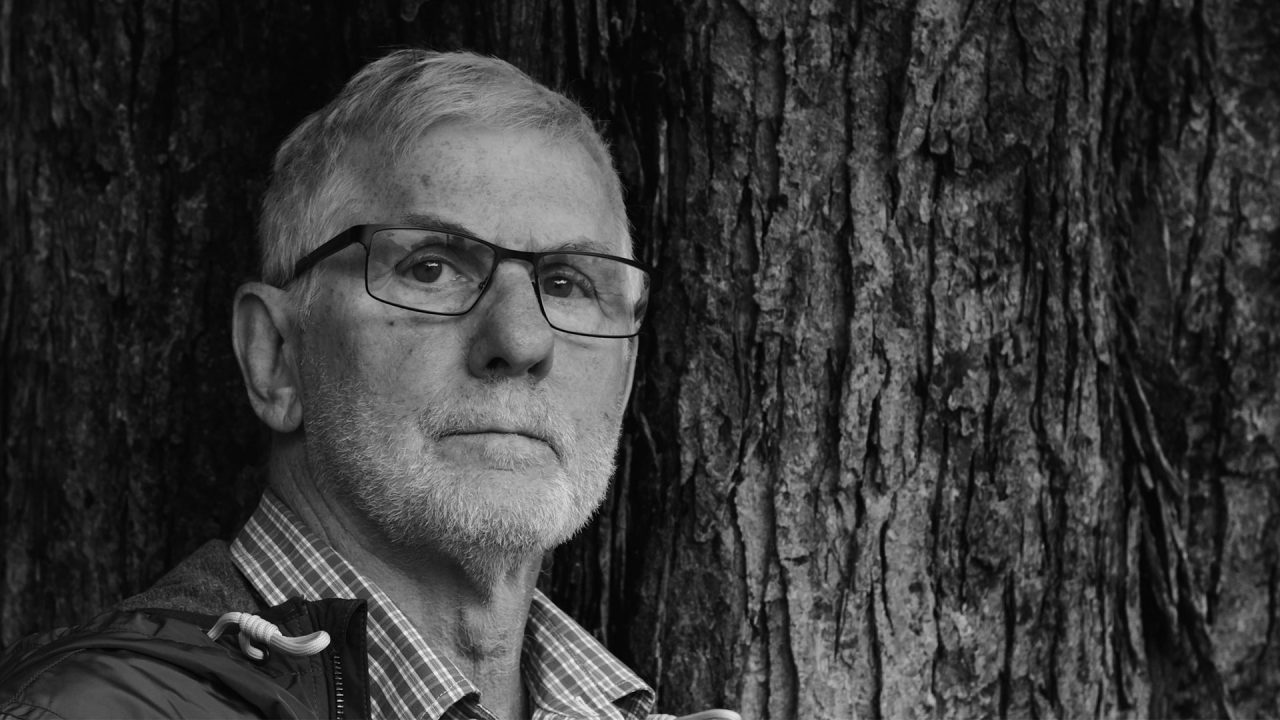
Higher Learning | What Is Democracy?
Higher Learning | What Is Democracy?
Perhaps nothing could be more democratic than asking the question “What is democracy?” Whatever democracy is, was or will become, it deserves to be the occasion of sustained struggle, without hurrying too quickly towards specific political programs. Responding to the urgent demands of and for democracy, but doing so in an interrogative spirit, is no easy task. To recall something Jacques Derrida once said, with democracy it is important to “take your time, but be quick about it because you do not know what awaits you.”
Yet the greatest danger is when an individual or a group comes along claiming exclusively to speak in the name of democracy and to know ahead of time what it should mean. To think of democracy not as a catch-all word but in and as a question, brimming with ambiguity, is to shelter that which remains and must remain incalculable within it. Democracy is a transformational process rather than a specific political form, a process whose outcome cannot be guaranteed and remain democratic. For that reason, democracy calls endlessly for democratic forms of inquiry. Democracy is synonymous with the question of democracy. Such is the working premise of Astra Taylor’s beautifully crafted documentary.
Taylor’s film is almost entirely taken up by a chorus of voices providing different experiences of democracy, some scholarly and others more personal, but all of them compelling. She often poses the question “What is democracy?” by pointing to what it is not. It cannot be reduced to majority rule, for example. As the philosopher Cornel West suggests, many of the advancements in political rights for Black people in the 1950s and 1960s would not have happened if, at the time, they had been subject to the equivalent of a national vote. It took Supreme Court decisions, especially Brown v. Board of Education, to help the majority of white Americans learn how to be more democratic, and thus to grasp the importance of creating a more equitable society. But, of course, that same unelected body can be an instrument of illiberalism, as we have recently seen in the Court’s decision to curtail the rights of women over their own bodies.
Democracy is often said to be synonymous with the protection of individual freedoms, but Taylor subjects that commonplace definition to scrutiny too. Does freedom include the right to harm others in word or deed? To acquire unimaginable wealth while others wither? To extract polluting resources from stolen or unceded lands? To strangle the lives of youth with unsurmountable debt? At one of the film’s most poignant moments, an Afghan English teacher held in a refugee camp in the Piraeus, the portlands of Athens where Plato situated his great treatise on the question of “Who rules?,” politely insists that democracy means not liberty but justice and dignity, not negatively the right to do whatever you want to do but positively the freedom to determine together what our collective futures will be.
What is Democracy?, Astra Taylor, provided by the National Film Board of Canada
Moving between America and Greece, two countries that are often treated as the fonts of democracy, modern and ancient, respectively, while also being the sites of grotesque failures of collective self-rule, Taylor confronts a consequential paradox. On the one hand, the idea of democracy is repeatedly misunderstood, confused with the periodic casting of votes, or worse, used as a term to cover for undemocratic policies and practices. For example, early in the film we overhear Donald Trump telling an election rally that when he becomes President, “we’re going to be ruled by the people, folks.” We know how that promise worked out. As the roots of the word “demo-cracy” itself hint, the demos can at any moment be rallied to force, kratos, including the supremacy of the strongest. Assaults on democracy are historically made in the name of a new or renewed democracy. In justifying or defending themselves, democracies can behave undemocratically towards those who they declare to be enemies, whether foreign or domestic.
In Taylor’s film, West reminds us that these haunting possibilities are unavoidable: “Every experiment in democracy is shot through with structures of domination,” he says, partly referring to the United States, whose fledgling democracy, pitched over and against British tyranny, was founded on chattel slavery and the extermination of Indigenous Peoples, the deforming effects of which continue to be experienced today. As important as it is to wrestle with the question of how collectively to rule ourselves, West counsels, there will always be elements of the demos that embrace authoritarianism rather than struggle with the uncertainties of democracy.

On the other hand, the persistence and insistence of the voices of those who have been unjustly written out of the script of democracy make calls for renewed political and social conditions predicated on self-governance as tenacious as they are inextinguishable. More: democracy is inseparable from a kind of faith in the educability of human beings, an assurance of things hoped for. Without that credence, that interrogative openness to what comes of democracy, there would be no need to ask the question that Taylor asks, much less ask it in the wonderfully exploratory way that she does. For all its complications, democracy remains very good to think with, as if there were something inexhaustible coiled within it, something always yet to be thought.
Ask the Question in Class
Take my students, for whom I have screened Taylor’s film many times because it invariably prompts such heartfelt discussions. Young people come into their adulthood having seen the global intensification of the forces of illiberalism and toxic nationalism, the erasure of the notion of a public good, the deification of the markets, and the denigration of youth-centred political action. Those students have seen the acceleration of income inequality, the intensification of racialized violence, and a planet whose very climate has been devastated by the deregulated and greedy few. They see that dictatorial, xenophobic governments are often democratically elected, meaning that democracy can, like an auto-immune illness, attack itself, sometimes fatally. The discovery of hundreds of unmarked graves of Indigenous children in Canada reminds them that a country that proudly describes itself as a democracy is haunted by a violently exclusionary history that refuses to be relegated to the past. My students know in their bones that democracy, if there is such a thing, is always besieged by undemocratic forces, including structural inequalities that run along the lines of class, gender, race and sexuality. And yet, for all of this, and it is a lot, there is no giving up on democracy, which means no giving up on asking the question “What is democracy?” So many of my students remain legibly committed to the idea that a truly flourishing society can only be one in which, individually and collectively, we create the conditions in which we actively choose how we are to govern ourselves.
To her credit, Taylor offers no straightforward answer to the question posed by her film’s title. There are moments in the documentary in which she suggests that democracy is an abstract ideal, unattainable and unimaginable as such, towards which we nevertheless could and should orient ourselves. But the film also offers a somewhat different account, one that is, I think, much more convincing, especially in a school setting. Whatever form collective self-rule takes, it is a practice of belonging together that we can only sustainably learn by doing and do by learning. Democracy is, so to speak, an education that nurtures our capacity for democracy, and for sharing power rather than enduring or deferring to authority. Democracy is reborn in a culture that encourages substantive interdependence rather than derides this practice as irrelevant to the vaunted desiderata of freedom and autonomy. A democracy is the scene of a complicated education, a semester without end. The lesson? As students of democracy who are also students for democracy, the members of the demos are invited to learn to govern themselves on the basis not only of equality but also out of respect for the incomparable uniqueness of each of its members: the demos, understood democratically and understood as composed of those who never cease to ask “What is democracy?,” is at best an assemblage of incomparable equals.
This is perhaps the subtlest point that Taylor’s documentary makes, but it is arguably the most important one. A democracy worthy of the name honours not the deadening sameness and forced equivalences of the marketplace but the startling, irreducible differences that quicken and complicate social existence. Immanuel Kant, who was no democrat, recognized the importance of this public good when he argued that respect for unique personhood, which for him is the foundation of political justice and an ethical community, was the only thing in this world that could not be bought or sold. Every voice asks to be counted; but each of those voices is incomparable, “priceless,” incalculable… and for that reason, in possession of the single thing that makes each individual more than simply and countably “one”: namely, dignity. Just communities—let us call them “democracies” while also asking what we mean when we use such a vexed word—do not seek to resolve this incommensurability, this paradox, but instead struggle to dwell responsibly with it, negotiating the unmapped terrain between the needs and wants of the one, each and every one, and those of the many. Anyone who teaches will know what this immeasurable, exhausting and open-ended traverse feels like, for it is what brings the classroom commons to life and prevents it from devolving into the merely mechanical transmission of knowledge to nameless students.
What Is Democracy? is about big ideas, indeed, the biggest. Taylor encourages several public intellectuals to speak to those ideas. Angela Davis, for example, calls not for the reformation of democracy but for its abolition; because democracy is poisoned at its source by white supremacy, the only viable solution is to make it make way to entirely new democratic practices. But it is revealing that the most affecting moments are when Taylor’s camera captures the fraught experiences of everyday individuals for whom democracy is a desideratum that is also deeply in crisis. Let me evoke two of those faces:
A young black woman who was a protester in the Charlotte Uprising describes the fear she feels in the streets of her own country: “I have to be able to protect myself against the state,” she says; “I just left my mom’s house two years ago.”; and
A musician who has narrowly escaped the brutal violence in Aleppo pleads for a place of peace for herself and her severely injured mother. That she makes these demands while immured in a refugee camp on the outskirts of Athens, the purported cradle of democracy, is at once outrageous and sorrowful.
Everywhere we turn in Taylor’s documentary we are faced with the spectre of a depleted notion of democracy that unjustly excludes precious, singular lives in its mad desire to vindicate itself as exemplarily “just” and “free.” In each of these encounters, Taylor’s film reminds us that the demos is composed of vividly unique—and thus equally incomparable—souls for whom the irrevocable need to flourish together is the agony of their age, our age and every age. Many of these individuals speak so persuasively about democracy not in spite of but because they live in a world that is anything but democratic. They teach so that others may learn how better to speak democratically of democracy. They teach that democracy is not a pious promise for the future but a felt and piercing necessity, a kratos or force, that is always urgent, always now, at once very old and entirely new.
It is those singular personalities, those witnesses to democracy, that leave a lasting impression with my students. There may not be an answer to the question “What is democracy?,” but it seems very clear that asking it intelligently and feeling its insurgent, incorrigible potency starts on the ground, among those for whom it matters most. And as Mary Wollstonecraft once said, “The beginning is always today.”
David L. Clark is Professor in the Department of English and Cultural Studies at McMaster University, where he is also Associate Member of the Department of Health, Aging and Society and a member of the Council of Instructors of the Arts and Science Program.
Pour lire cet article en français, cliquez ici.
Discover more Educational blog posts | Watch educational films on NFB Education | Watch educational playlists on NFB Education | Follow NFB Education on Facebook | Follow NFB Education on Pinterest | Subscribe to the NFB Education Newsletter



